
Many people are aware of the fact that the bones of the spine are cushioned by small discs. These discs are round and flat in shape and have a very strong exterior. The interior of the disc is jelly-like material. The main purpose of these discs is to act as shock absorbers for the spine. Thanks to these discs the spine remains flexible. However, in some situations, the discs may rupture and that usually happens over time or after an injury or disease. When that happens the discs wear and tear and that leads to a condition known as herniated disc. An injury to the exterior of the disc is known to cause pain but it is not uncommon for people who suffer from herniated disc to fell no discomfort. Once the pressure is on the nerve roots or spinal cord, a person is likely to experience pain. A person will also experience numbness in the affected area as well.
Symptoms
It is not uncommon for people not to experience any symptoms because there are no evident symptoms like leg pain or back pain, for example. The position of the herniated disc will determine the symptoms. In case where there is no pressure on a nerve, there is no pain or just a minor backache. If there is pressing on the nerve, a person will experience pain and numbness in the affected area. If the affected nerve is in the neck, a person will experience pain or numbness in the shoulders, arms and chest. If the affected nerve is in the lower back, sciatica is a strong possibility. In this situation a person is most likely to suffer from leg pain and some other symptoms like weakness, numbness and tingling. The buttock and even the ankles may be affected as well.
Causes and risk factors
Three of the most common causes of herniated disc are aging, degeneration of the disc and an injury to the spine. As people get older, they are more likely to develop a certain disc disease. An injury to the spine usually occurs due to a sudden heavy strain or increased pressure on the lower back. Repetitive actions like lifting are also likely to damage the spine.
Treatment
People need to know that herniated discs heal on their own in a period that usually lasts for half a year. However, people should follow certain treatment plans in order to relieve pain, weakness and numbness and prevent further damage to the spine.Nonsurgical treatments like rest, medications and exercise are usually all that is needed for a person to get better without going to surgery. Only in less than 10% of all cases surgery is needed.



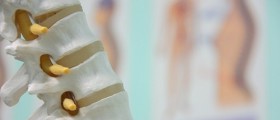
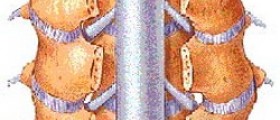
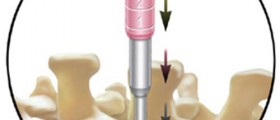
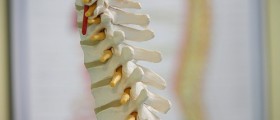

-Causes,-Symptoms,-Diagnosis,-Treatment_f_280x120.jpg)

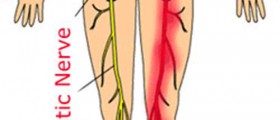
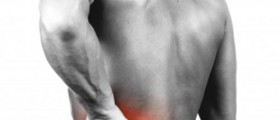
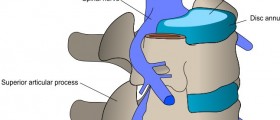
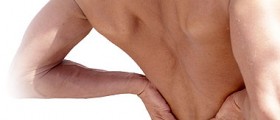
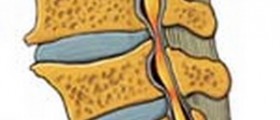


Your thoughts on this
Loading...